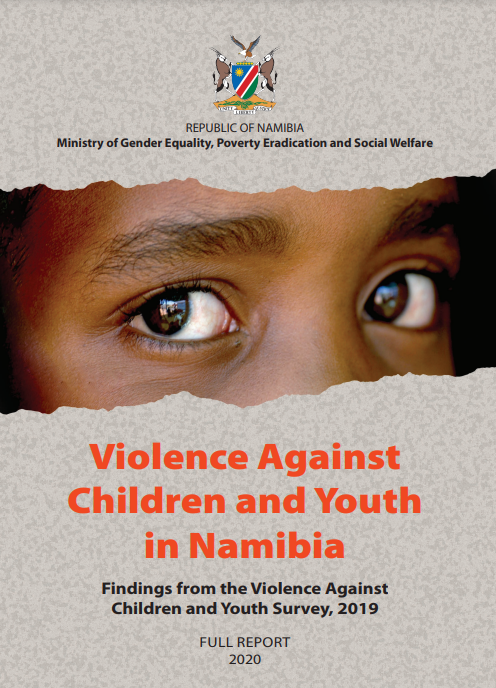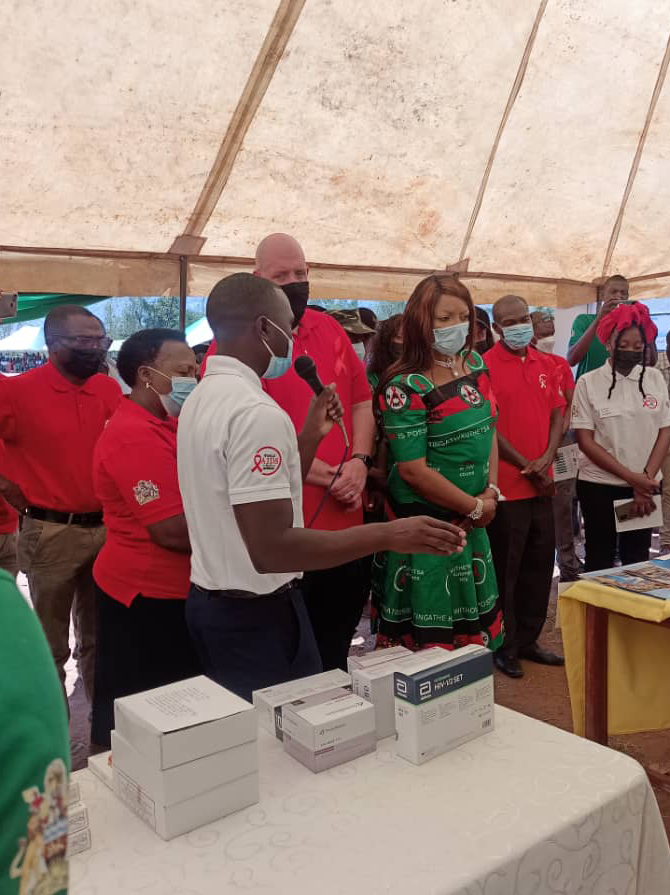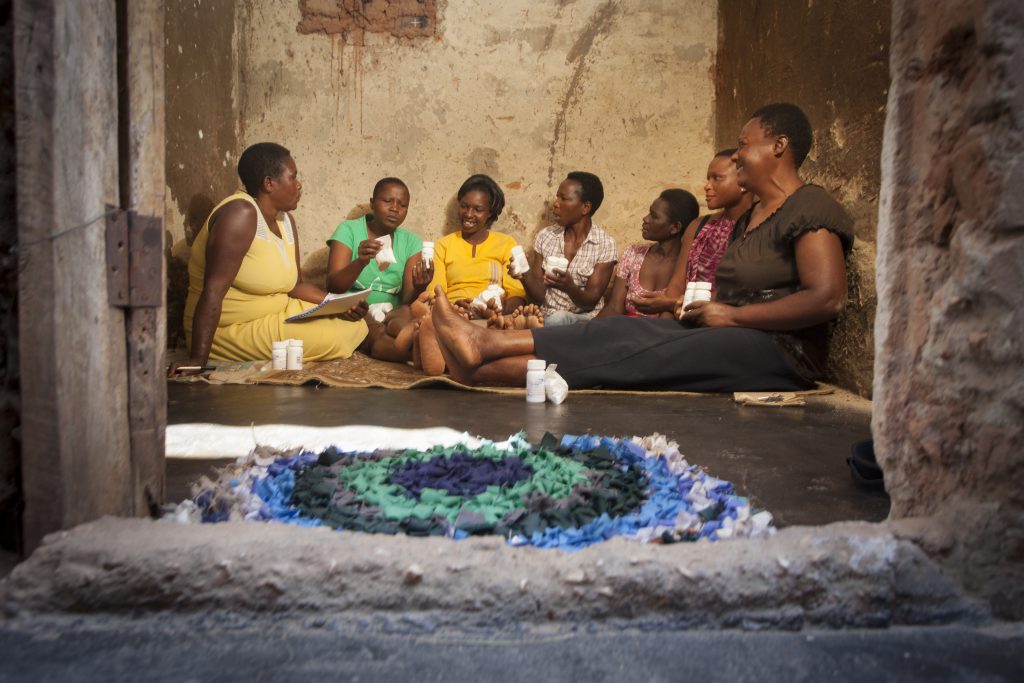 The World Health Organization (WHO) Global Strategy to Accelerate the Elimination of Cervical Cancer, launched in November 2020, calls for a world where cervical cancer—which kills more than 300,000 women per year—is eliminated. To achieve this, the strategy proposes ambitious 90-70-90 targets over the next decade.
The World Health Organization (WHO) Global Strategy to Accelerate the Elimination of Cervical Cancer, launched in November 2020, calls for a world where cervical cancer—which kills more than 300,000 women per year—is eliminated. To achieve this, the strategy proposes ambitious 90-70-90 targets over the next decade.
However, the COVID-19 pandemic has severely hindered critical work on cervical cancer interventions, including reduced clinic flow, training opportunities, and outreach.
Due to agile programs and dedicated staff, several teams within the International Training and Education Center for Health (I-TECH) network, despite the challenges presented by COVID-19, have continued to make strides toward the WHO cervical cancer elimination goal.
Record-breaking cervical cancer screening in Namibia
The I-TECH Namibia program focuses on cervical cancer screening services for women living with HIV (WLHIV). Namibia’s national antiretroviral therapy (ART) program has rapidly adjusted to COVID-19 and the need to decongest public health facilities through multi-month dispensing (MMD) of ART. While this has helped with ART access, it has significantly reduced opportunities for performing facility-based services, since the frequency of health facility visits by women on ART has declined rapidly.
In close collaboration with the Namibia Ministry of Health and Social Services (MoHSS), I-TECH is implementing enhanced facility-based screening campaigns to increase access and rapidly reach more women. For these enhanced screenings, clients within a district are mobilized and given paced appointment times at several facilities in-line with COVID-19 restrictions. Service providers are then assigned to the specific sites where they provide screening services.
From 8-12 February, 805 women were screened through visual inspection with acetic acid (VIA) or Pap smear, 95% of whom were women living with HIV (WLHIV). Of the 137 women screened VIA positive, 98% received treatment. This campaign broke national records by achieving the highest recorded number of women screened in a 5-day campaign, as well as the highest number of women screened in a single day (210).
“As the COVID 19 pandemic rages on, and preventative restrictions limit client screening, the downtime should be used in planning for catch-up screening activities,” says Dr. Laura Muzingwani, I-TECH’s Cervical Cancer Lead Physician in Namibia. “Resource and client mobilization are both key to prepare for any window of opportunity when COVID restrictions are relaxed to enable rapid mass screening.”
Mentoring and training continues in Mozambique via videoconferencing technology
In close collaboration with the Ministry of Health (MOH) and the University of Texas MD Anderson Cancer Center—a Project ECHO® “superhub” for oncology—I-TECH has continued its monthly cervical cancer ECHO sessions in Mozambique, with an additional focus on COVID-19 safety and risk reduction. An average of 40 participants attend each session, and topics have included cervical changes in older women; relevance of normal and abnormal colposcopic findings; and hygiene, disinfection, and asepsis of materials.
“Although the emergence of the COVID-19 pandemic was sudden, it was possible to adapt quickly using remote information and communication technologies,” says Dr. Ernestina David, Program Manager for the I-TECH Cervical Cancer Prevention Program. “The ECHO videoconference sessions made it possible to bring together providers across the country to address uterine cancer and diagnose and treat pre-cancerous lesions, using local cases and looking for ways to approach and treat them.”
In addition, the Mozambique team has continued its regional cervical cancer trainings in a blended format (both virtual and in-person components). I-TECH has implemented three trainings using a model spearheaded by MD Anderson, wherein a two-day LEEP and colposcopy training was adjusted so that trainers could join via Zoom in lieu of traveling to Mozambique.
While some participants join only the Zoom sessions, others are able to watch the sessions from a classroom setting and then work through skills-building demo stations, followed by practice on patients at a provincial hospital.
Access to services increase through health communication in Malawi
Despite the Malawi government indicating cervical cancer screening, care, and treatment as priority services, after the COVID-19 pandemic hit the country, most facilities did not include cervical cancer services on their priority lists. Facilities either completely suspended or heavily reduced screening and treatment. This, coupled with fears among targeted women about contracting COVID-19, marginalized access to services.
To combat these challenges, I-TECH delivered health talks within communities on how women can protect themselves as they access services (social distancing, hand washing, use of face masks, etc.). Those reached were encouraged to pass on information to others.
I-TECH also engaged district health officers and those in charge of affected facilities on the need to continue providing cervical cancer services, in line with MOH COVID-19 prevention guidelines. Presenters emphasized the burden of cervical cancer and how it would worsen should services be interrupted for the entirety of the pandemic. Discussion also touched on including cervical cancer providers on the rotation roster and ensuring that commodities were available.
In Malawi, 391 health facilities are currently providing cervical cancer screening services, and 80% of those health facilities are also providing treatment services. More than a quarter of a million women were screened between January 2020 and June 2021, 57% of whom were WLHIV.
Zimbabwe consortium takes measures to blunt the impact of COVID-19
I-TECH and its network partner the Zimbabwe Training, Technical Assistance and Education Center for Health (Zim-TTECH) implement cervical cancer screening and treatment via the local Zimbabwean consortium ZimPAAC.
By March 2021, ZimPAAC had achieved 53% of the annual target for the number of women on ART screened for cervical cancer. ZimPAAC implemented several measures to mitigate the impact of COVID-19 on continuity of cervical cancer screening services, including:
- Training of all health care workers on COVID-19 safety and security, transmission, and prevention;
- Support to ensure infection prevention and control (IPC) and triage at health facilities through training, procurement and distribution of personal protective equipment (PPE), hand washing stations/commodities, face masks for both staff and clients in need; and
- Procurement and distribution adequate PPE for use by health care workers at facilities.




